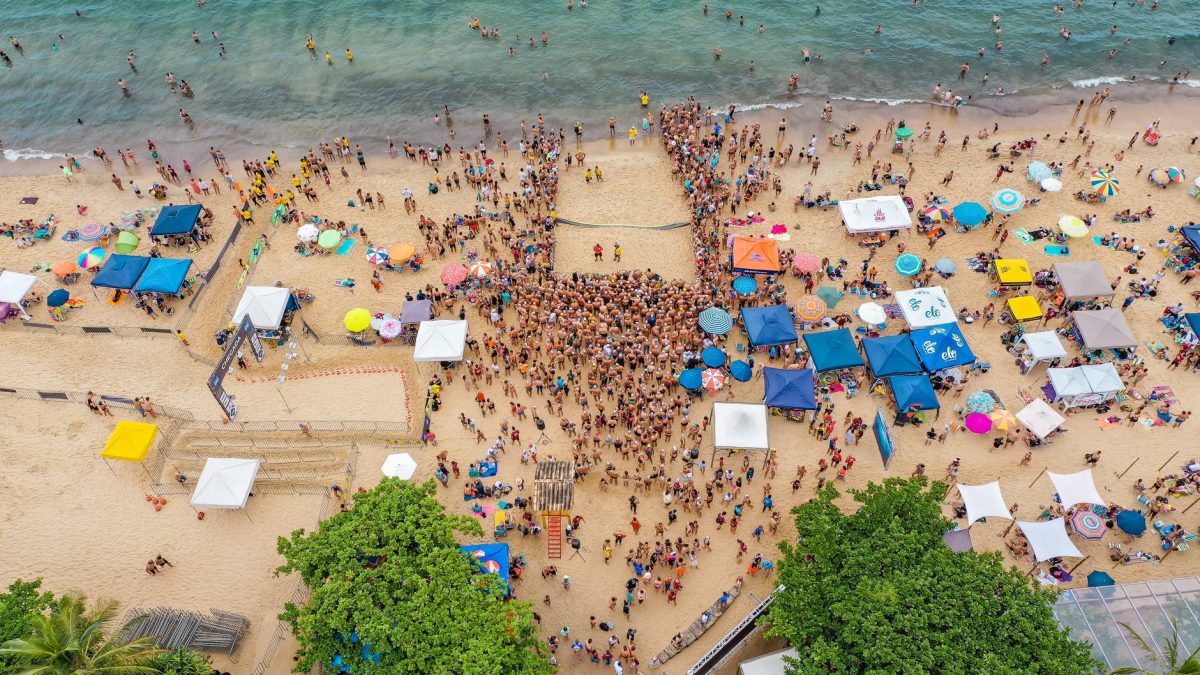On feeling safe
Recently, I saw an advertisement for a beach volleyball tournament in Texas, a state that is at the moment undergoing a major COVID-19 outbreak. The advertisement made specific mention about keeping participants safe, so I inquired about what specific measures were being taken. The reply I received included the mention that players sign a waiver ostensibly absolving the tournament sponsor from liability — a measure that I noted is the exact opposite of assuring player safety. Paraphrasing the response: “If you don’t feel safe, you don’t have to participate.”
This has become a standard answer to a lot of activities that are potential infection points – the idea that people need to feel safe. Safety (more accurately, risk) can be objectively measured and quantitated. Feeling safe is a subjective perception that can affect judgment. That answer appealing to the feeling of safety means that the author does not consider the pandemic more than a subjective concern – a figment of imagination.
The COVID-19 death rate in Texas has doubled: in the last week, on average the virus has killed more than a hundred people every day. The responsible thing to do as proprietors is not just to appeal to a feeling of safety but to actually engage in practices that limit infection. Those are not difficult: air circulation, distancing, frequent hand washing, and masking, and a culture that take them seriously. Community practice is what makes them effective. Then you wouldn’t need the safety net of the waiver.


Leave a Reply